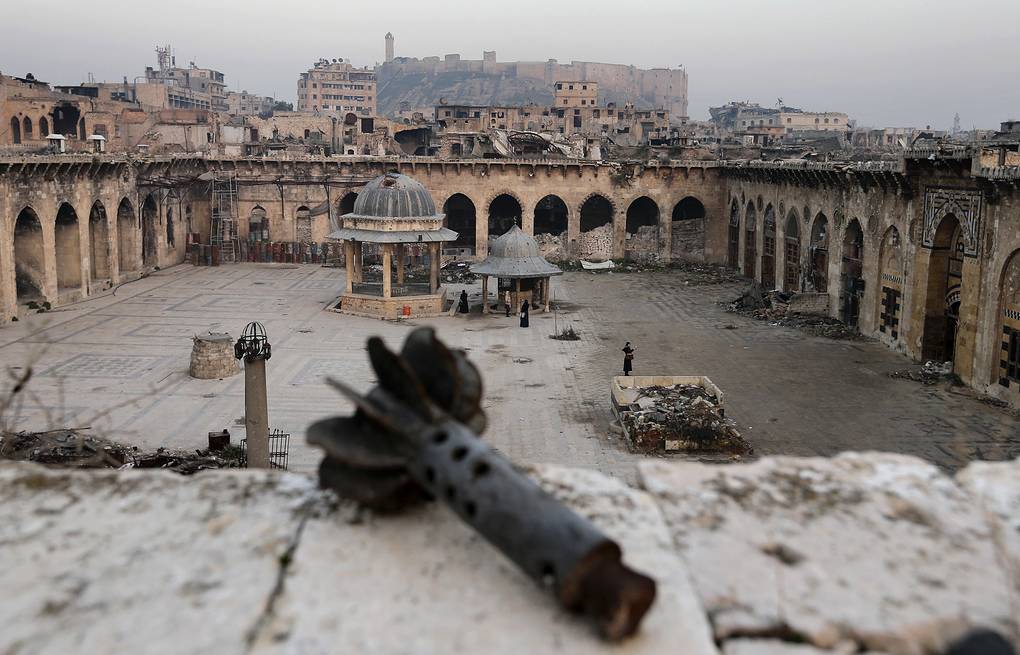9 – 30 May 2025, Online
THEMATIC COURSES
1st Online Course on Cultural Property Protection in Armed Conflict

© AP Photo/Hassan Ammar
Overall objectives
Specific learning objectives
- Enhance awareness of the importance of cultural property protection for humanitarian practitioners and military personnel;
- Strengthen knowledge of legal frameworks governing cultural property protection, including International Humanitarian Law, International Human Rights Law, and International Criminal Law, along with their associated safeguarding duties;
- Improve understanding of military responsibility and accountability for violations of international law concerning cultural property protection;
- Address operational challenges in cultural property protection—such as marking, targeting, trafficking, looting, and the emergence of new actors —and explore the latest developments and technologies to overcome these issues;
- Promote the benefits of civil-military networks in achieving the shared goal of cultural property protection;
- Highlight the connection between cultural property protection and peace processes, including the role of restitution in reconciliation and transitional justice;
- Encourage collaboration and the exchange of experiences among professionals across various institutional levels, sectors (public, private, national, and international), and countries.
Methodology
Target Audience
REGISTRATION FORM PROGRAMME